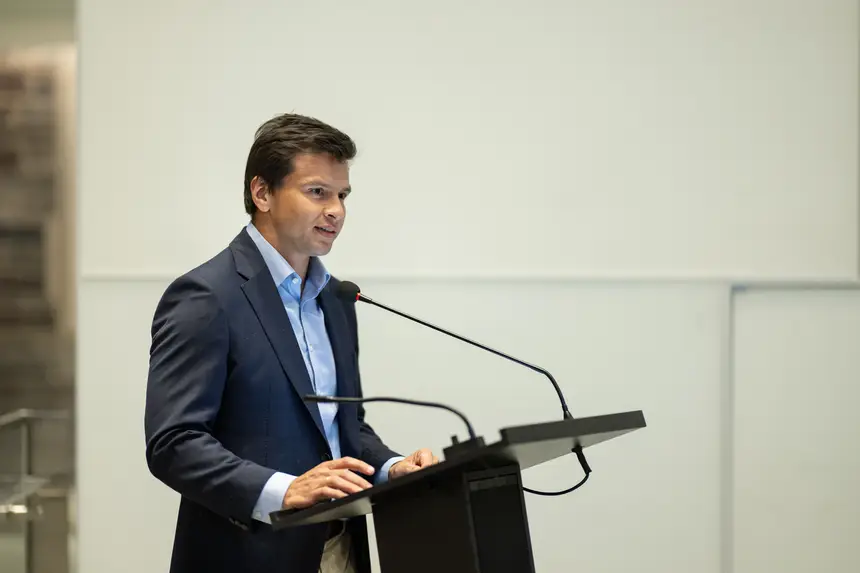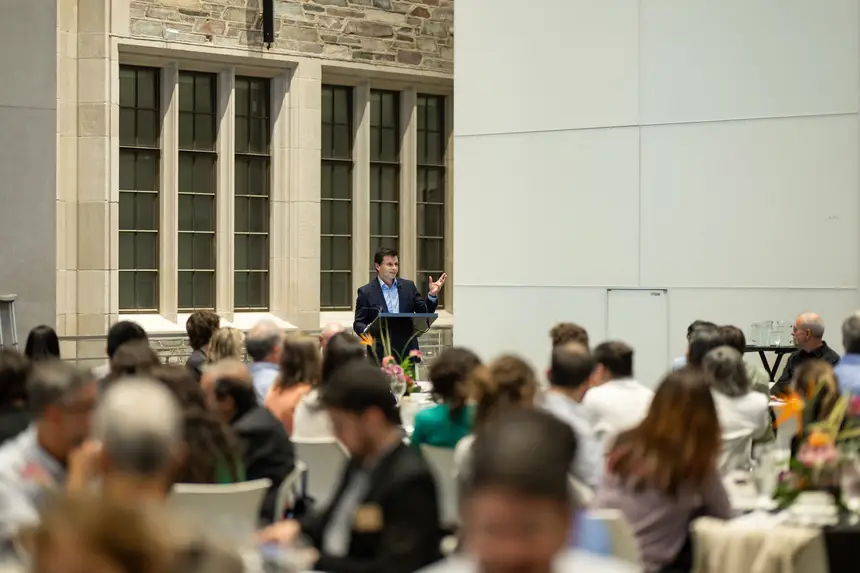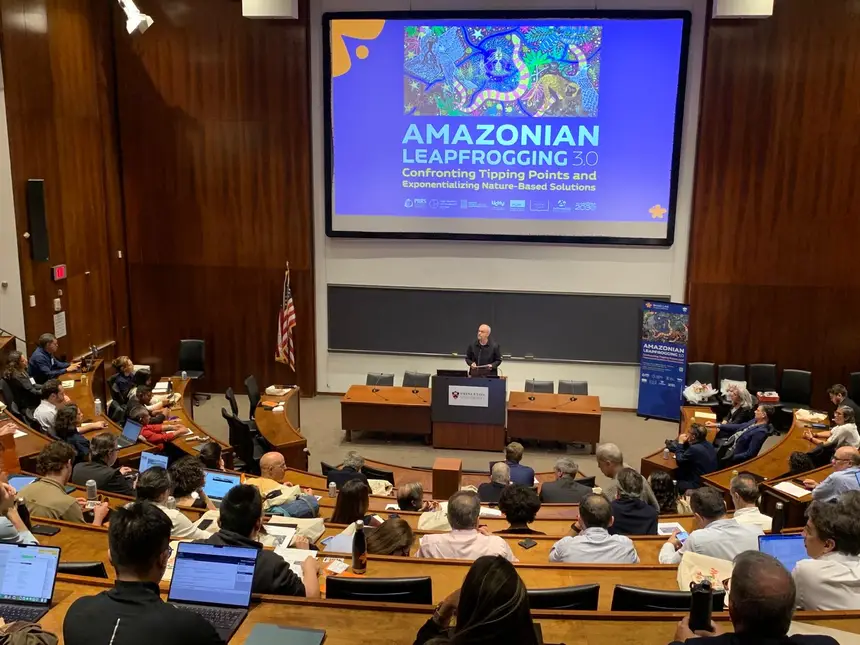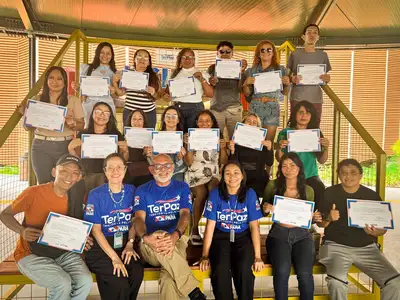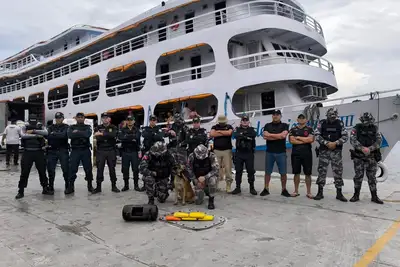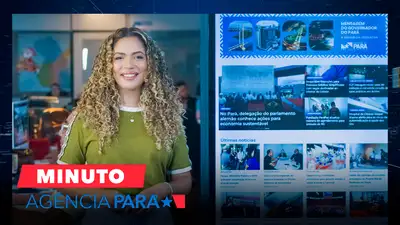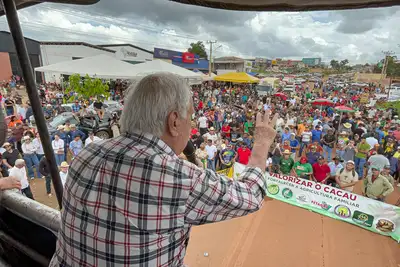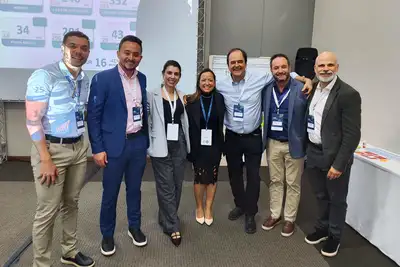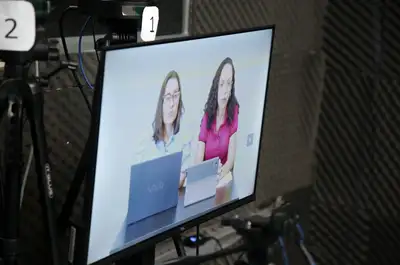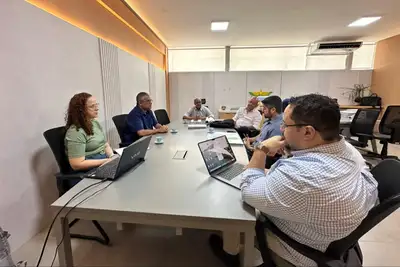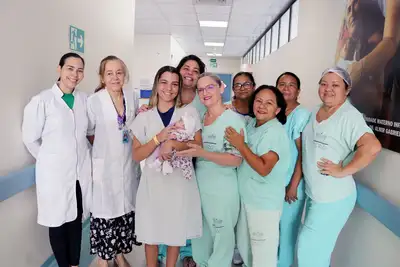Advances of Pará in climate and environmental policies are highlights at a conference at Princeton University, USA
Semas presents in the United States (USA) the strategic initiatives already underway in the environmental area in the Pará territory
The Secretary of Environment and Sustainability of Pará, Raul Protázio Romão, participated, representing Governor Helder Barbalho, on May 8 and 9, in the Amazonian Leapfrogging 3.0, an international conference held at Princeton University in New Jersey, USA. The initiative addressed nature-based solutions for promoting conservation and socioeconomic development in the Brazilian Amazon.
The event brought together leaders from science, politics, finance and business, civil society, media, and social entrepreneurship from Brazil, Princeton, and other parts of the world. They discussed ways to implement actions to protect and restore forests, strengthen ecosystem services and biodiversity, as well as promote sustainable bioeconomy, low-carbon agriculture, and adaptive infrastructure.
Deputy Secretary of Bioeconomy of the Secretary of Environment and Sustainability of Pará (Semas), Camille Bemerguy, also participated in the discussions.
“When we talk about the climate crisis, we are not just addressing environmental impacts. Climate issues deeply interact with biodiversity loss, food production, and consumption patterns, creating a complex web that requires comprehensive solutions. Any approach that ignores this is incomplete,” said Secretary Raul Protazio in his speech.
“Climate challenges, just like the recent pandemic, remind us that global crises do not recognize borders. They test not only our capacity for coordination and rapid response but, above all, our humanity,” Protázio added.
Pioneering of Pará and climate financing
The head of Semas also highlighted the pioneering nature of Pará's environmental and climate strategy, which has been recognized internationally.
“In Pará, innovation, urgency, and boldness drive our approach. We were pioneers in Brazil's first restoration concession, allowing the private sector to restore public lands with incentives through carbon removal credits, in addition to promoting extensive ecological restoration and generating green jobs. Furthermore, in October, we will proudly launch the Amazon Bioeconomy and Innovation Park, promoting bioeconomy ventures at scale and unlocking the immense potential of our biodiversity,” he stated.
The secretary emphasized that the state that will host the next United Nations Climate Change Conference, COP30, is building its jurisdictional system for Reducing Emissions from Deforestation and Forest Degradation (REDD+), a public policy that will ensure resources from the conservation of the living forest.
“Promoting sustainable production, combating deforestation, environmentally regularizing, protecting traditional territories… all of this requires resources. Articles 5 and 6 of the Paris Agreement propose mechanisms like REDD+, which allow Brazil to access crucial resources such as those from the Amazon Fund, ensuring that essential resources can flow and reach the communities whose direct actions significantly contribute to reducing deforestation,” Raul explained.
“Today, we embrace this renewed dialogue and collaboration with the federal government as partners at the table. And that’s what we are: partners. To civil society, count on us to drive innovation in public policies. To indigenous peoples and local communities, we stand firmly by your side, protecting territories and valuing ancestral knowledge. These times demand courage, boldness, and clarity of purpose,” he concluded.


